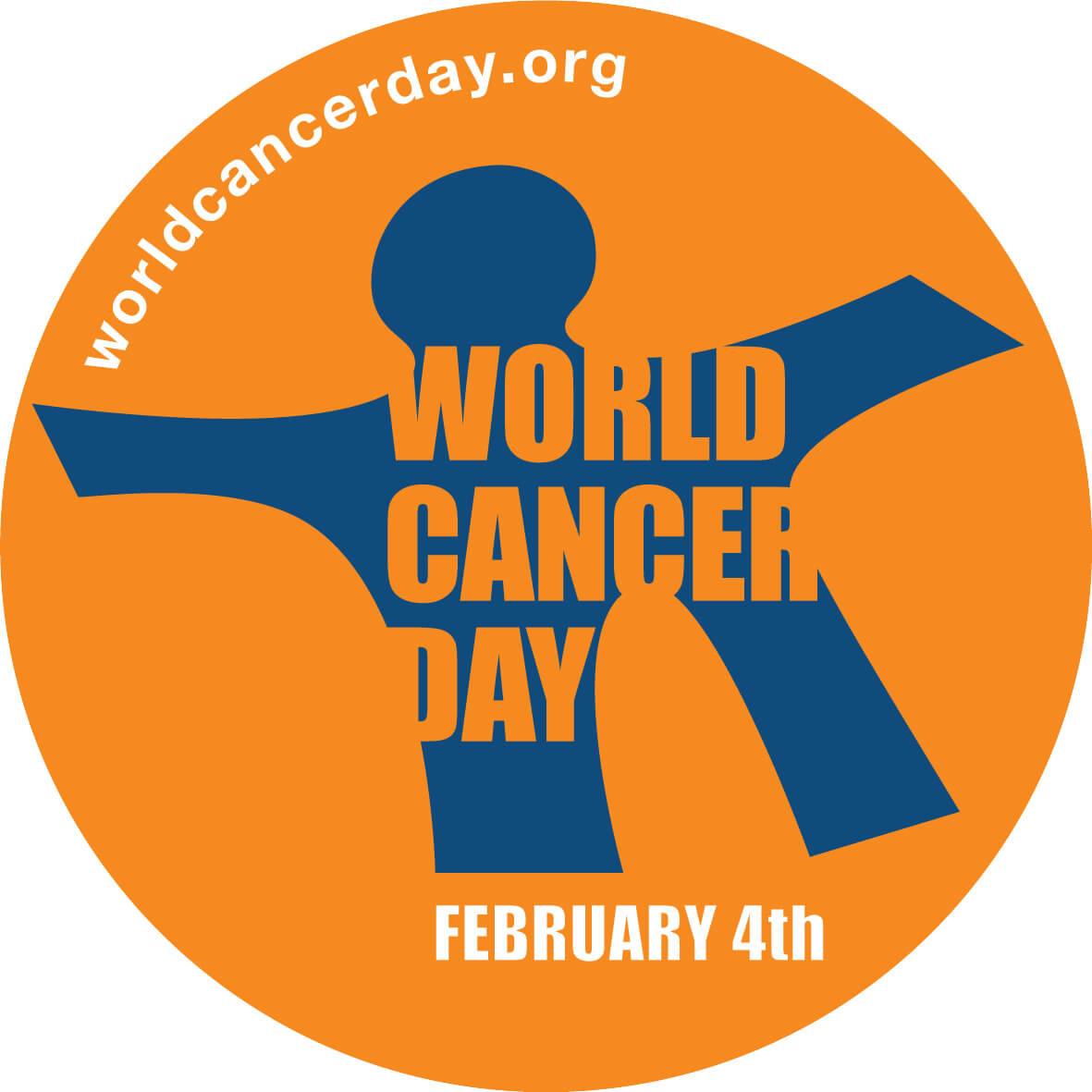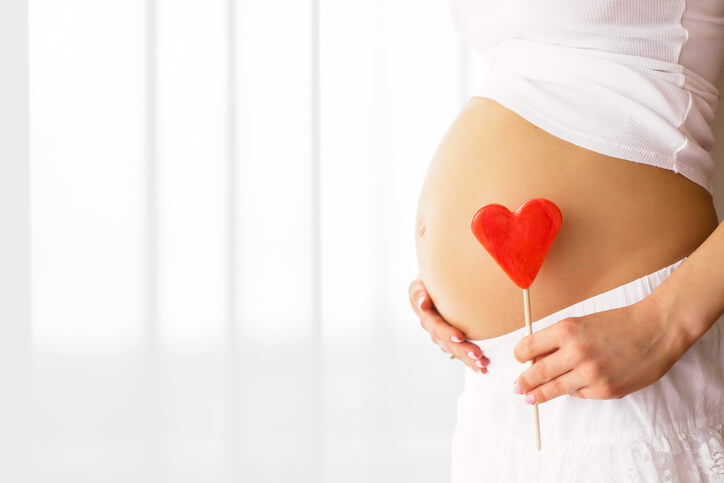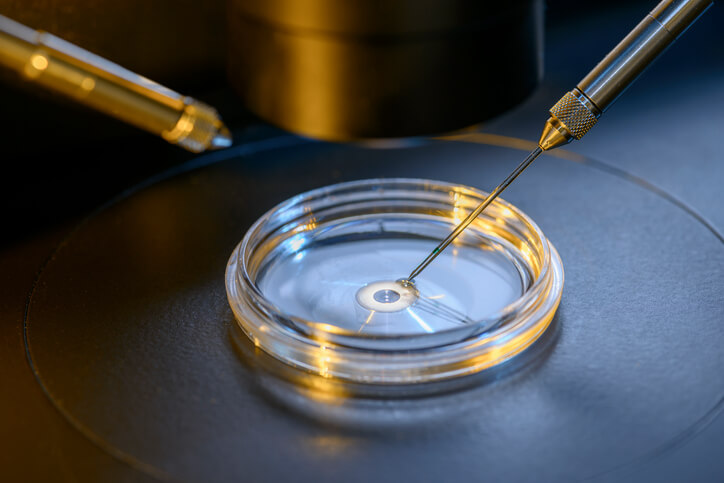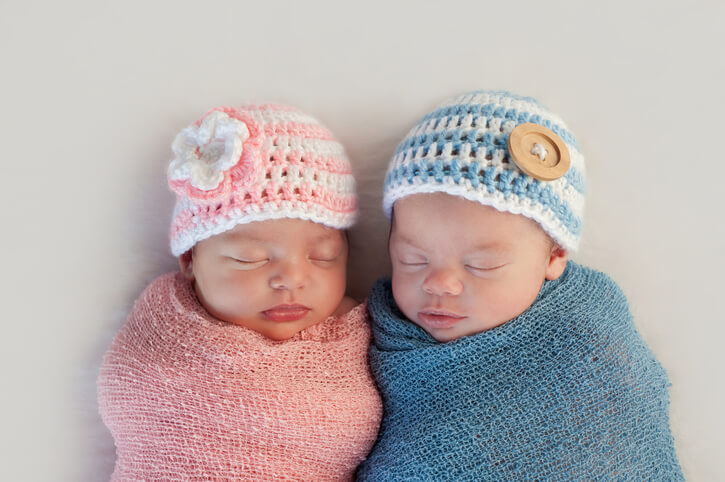Here at American Surrogacy, we know that many intended parents come to us after facing challenges in their lives. Some of our intended parents have found themselves struggling with infertility after a fight that was their hardest yet: cancer.
We recognize that many intended parents pursue surrogacy or another family-building method because their own fertility has been compromised by previous battles with cancer and the debilitating treatments it requires. That’s why we’re joining with the Union for International Cancer Control to raise awareness of World Cancer Day this Sunday, Feb. 4.
This year’s campaign continues the theme of “We can. I can.” — which emphasizes the power everyone has to reduce the global burden of cancer. To do our part, we’re raising awareness of the effect that cancer has on many people who wish to become parents and face infertility struggles during or after cancer treatments.
Our Instagram has insight from intended parents whohave been able to grow their family through surrogacy. Follow us there to hear from them about what their experience was like.
Here are three things you need to know about how cancer can affect the fertility of intended parents:
1. While cancer in the reproductive organs can affect fertility, most fertility issues come from the treatments involved with cancer.
Although the drug therapies involved in treating cancer are very good at killing cancer cells, they also have the potential to kill other important cells as well (which is why most chemotherapies cause hair cells to die). Therefore, there is a potential that certain cancer-fighting drugs can damage a woman’s eggs or a man’s sperm production. You can view a list of the drugs that can cause the most potential damage here.
2. How cancer affects a person’s fertility depends on several factors.
While certain drugs do have a higher risk of affecting a man or woman’s fertility, there are several other things that determine loss of fertility during and after cancer. This includes:
-
- The age of the patient. For example, women who are treated before they are 35 have the best chance of becoming pregnant after treatment.
-
- The steps taken to preserve fertility. A woman’s eggs can be frozen before cancer treatments in case the drugs she takes damage her eggs and ovaries beyond recovery.
-
- The time from treatment to becoming pregnant. Women who have had chemotherapy before puberty or young women whose menstrual periods begin again after chemo are at risk for early menopause. However, if a woman gets pregnant too soon after her treatments, she has a higher risk of miscarriage or carrying a baby with genetic problems.
- The type of cancer. Cancer of the reproductive organs may require removal of or surgery on those organs, which often causes infertility for both men and women.
3. Fertility outlooks for young people with cancer are better than ever.
The good news is that men and women diagnosed with cancer have a better chance of having a child naturally than ever before in the past. Today, women diagnosed with cancer are presented with fertility preservation techniques like egg-freezing to make it more likely that they can have a biological child later on in their life, either through their own pregnancy or through a method like surrogacy.
When a young woman is diagnosed with cancer, her oncologist will often discuss her options for preserving her fertility at the same time that they discuss possible cancer treatments. Oncologists will often refer women to a gynecologist or reproductive endocrinologist for more information on preserving their fertility before they begin their chemotherapy and radiation treatments.
Some good news: One study revealed that of the women who became pregnant after their cancer treatments, the rate of miscarriage and stillbirth was comparable to women who had not battled cancer.
—
Those who are interested in the effect of cancer on fertility should always speak to a medical professional for more information, especially if the question pertains to their own fertility. Know that if you cannot have a biological child on your own, the specialists at American Surrogacy are always available to talk to you about your family-building options and help you achieve your dream of having a biologically related child.
To help spread awareness of World Cancer Day, share information about the campaign with your friends and family through social media, word of mouth and more. Sharing this blog post is a good place to start.
With a little bit of help from everyone, we can work towards eradicating these diseases that bring pain to so many, especially those wishing to become parents.









